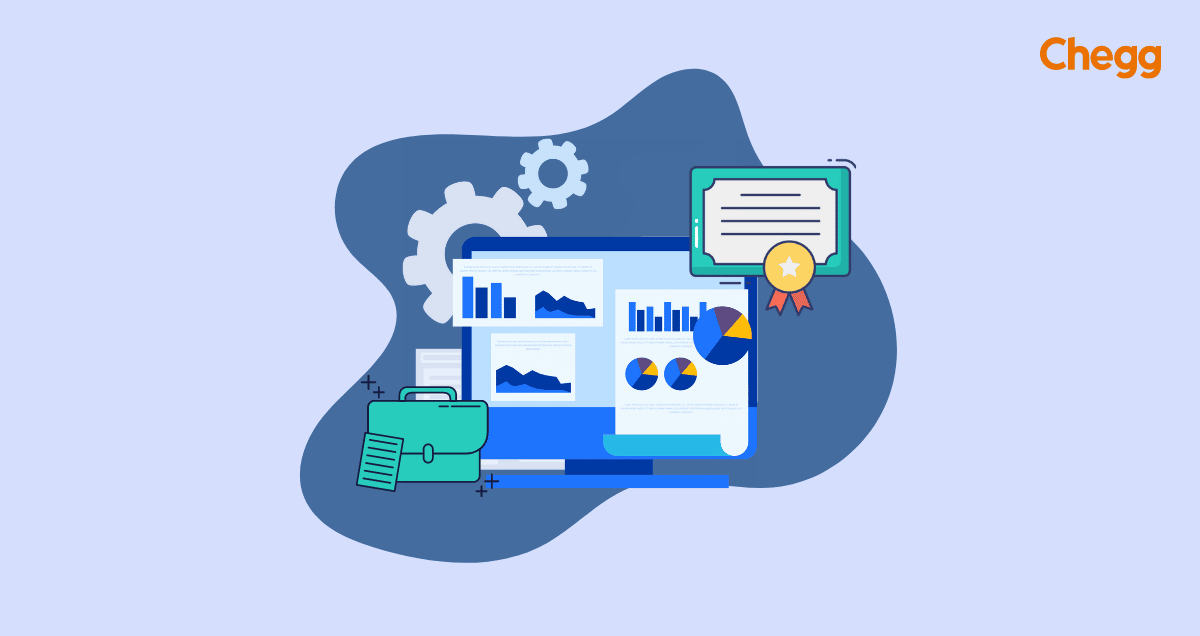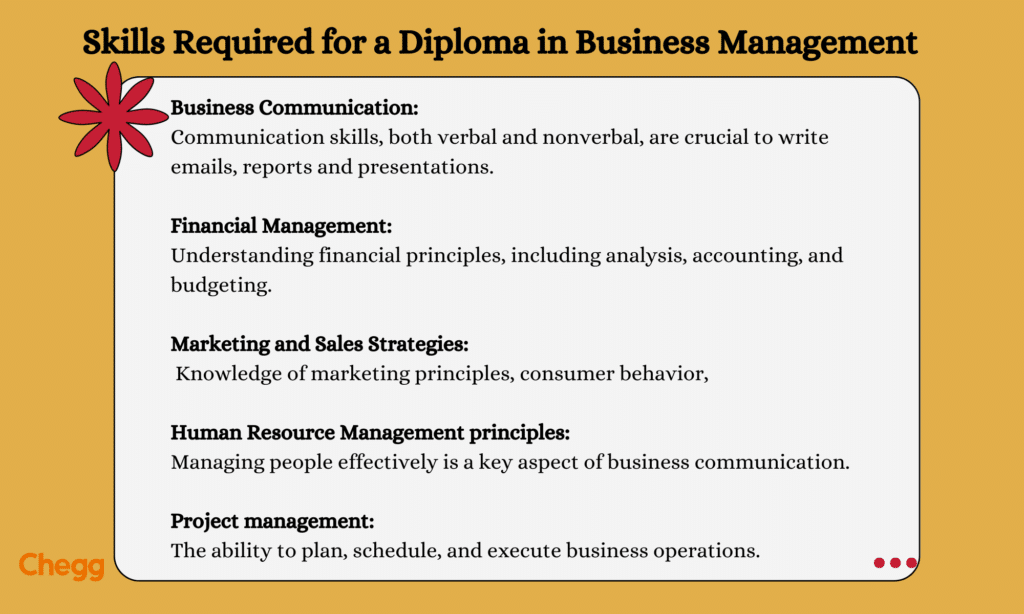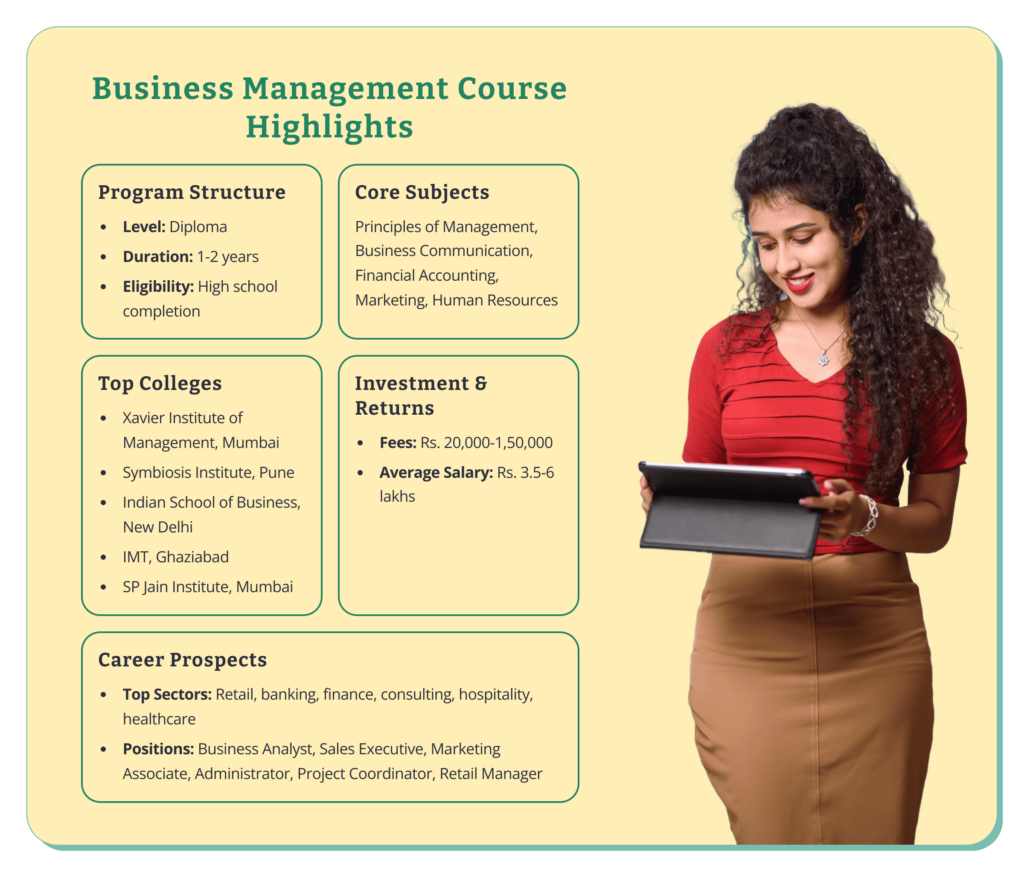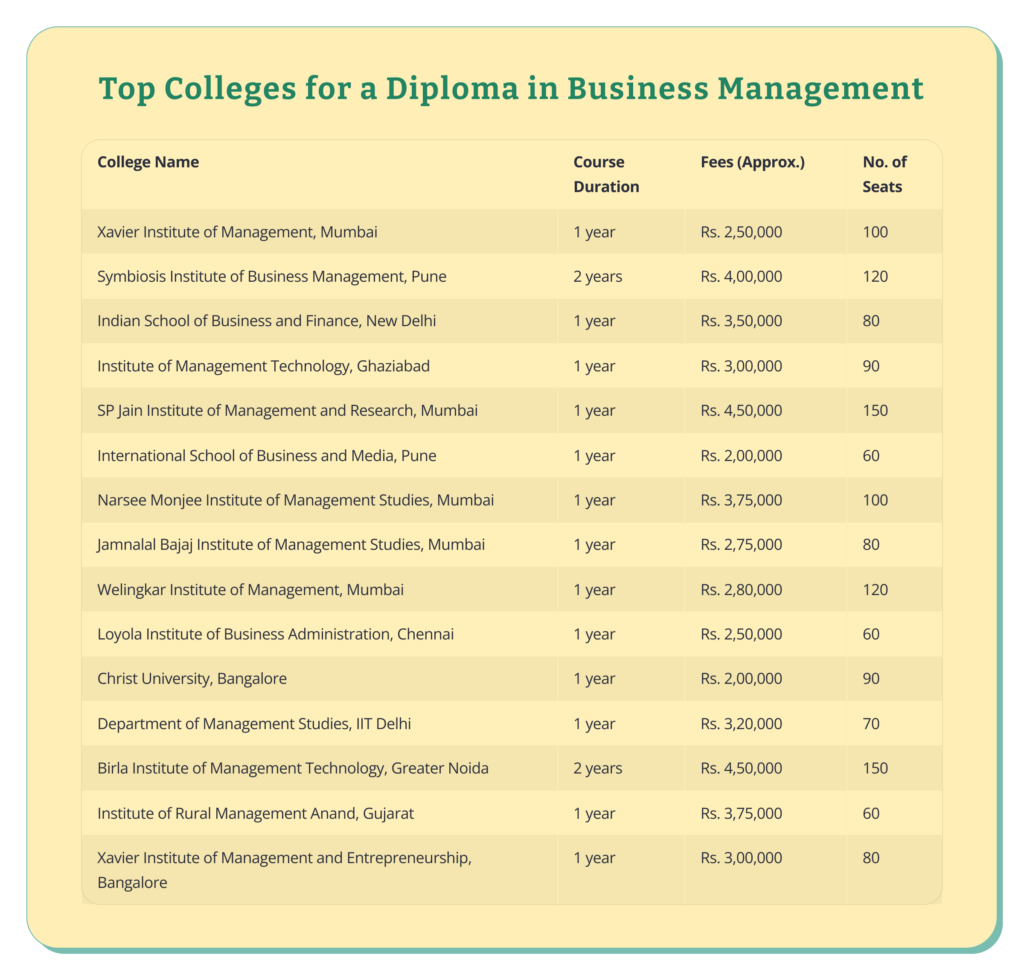

Quick Summary
In today’s fast-changing business world, employers want more than just degrees. They are looking for adaptable professionals with practical skills and real industry knowledge. That’s where a Diploma in Business Management comes in. Whether you are a recent high school graduate, a working professional seeking to advance your career, or someone looking to change fields, this diploma offers a quick path into the heart of business operations.
This diploma emphasizes practical learning and strategic thinking. It provides essential marketing, finance, HR, and operations skills without the long time and cost usually tied to a traditional degree. If you want to step into entry-level management roles, start your own business, or lay a strong foundation for further study, this diploma could be a great career move.
So, what makes this program so attractive in 2025? Let’s look at its structure, benefits, career prospects, and why it might be the right choice for you.
Related topic: How to Become a Management Consultant

Business management is the process of planning, organizing, directing, and controlling a business or organization’s activities to reach specific goals. It includes various functions that ensure a company’s human, financial, and technological resources are used effectively.
Business Management programs are available at different academic levels, including certificate, diploma, undergraduate, and postgraduate. The eligibility requirements vary based on the type of course and the institution. Here’s a detailed overview:
Important Notes

It is essential to check each college’s specific requirements and guidelines for detailed instructions on the application process, including deadlines and required documents.
The subjects and syllabus of a Diploma in Business Management program play a crucial role in equipping students with the necessary knowledge and skills for a successful career in the business world. Let’s explore important subjects in the Diploma in Business Management program and their significance.

Read more: List of Best Diploma Courses After 10th for All Streams

| Course Type | Duration | Avg. Fees (INR) |
|---|---|---|
| Standard Diploma | 6–12 months | ₹7,500 – ₹40,000 |
| Longer Diplomas/PGDDM | 1–2 years | ₹30,000 – ₹50,000 |
| Short-term or part-time | 1 year | ₹7,900 (e.g., ISBM Kolkata) |
Why it matters: It helps readers plan their time and budget according to their needs.
When considering a Diploma in Business Management, choosing a reputable college that provides quality education and prepares students for a successful career is crucial. Here are some top colleges in India offering a Diploma in Business Management:

Recommended Read: Difference Between Diploma and Degree
Earning a Diploma in Business Management opens up many career prospects and job opportunities. Graduates with this diploma possess a strong foundation in business principles, practical skills, and industry-relevant knowledge. Here are some popular career paths to consider:

Analysts gather and analyze data to identify problems, develop solutions, and improve business processes. They play a crucial role in driving organizational growth and efficiency.
Marketing coordinators assist in developing and implementing marketing campaigns, conducting market research, and coordinating promotional activities. They contribute to brand building and customer engagement.
Financial analysts assess financial data, analyze market trends, and recommend investment decisions. They play a vital role in evaluating organizations’ financial health and performance.
Operations managers oversee day-to-day operations, manage resources, and ensure efficiency and productivity. They streamline processes and optimize business operations to achieve organizational goals.
Sales executives are responsible for identifying potential customers, building relationships, and closing deals. They play a critical role in driving sales growth and revenue generation.
Recommended read:
A spotlight on reputable providers:
With a Diploma in Business Management, you have excellent career growth prospects. As you gain experience and expertise, you can move up to:
If you have leadership skills and business acumen, you can take on a supervisory role and lead teams to achieve organizational objectives.
If you have extensive experience and industry knowledge, you can move into managerial positions and oversee departments or business units.
The diploma equips you with the skills to start and manage your business. You can leverage your knowledge of business principles, marketing strategies, and financial management to pursue entrepreneurial ventures.
Whether you climb the corporate ladder or start entrepreneurial journeys, Diploma of Business Management graduates have long-term career growth, professional development, and financial success.
| Criteria | Diploma in Business | PG Diploma (PGDM) | Degree (BBA/MBA) |
|---|---|---|---|
| Duration | 6–12 months | 1–2 years | BBA: 3 yearsMBA: 2 years |
| Eligibility | 10th/12th pass | Bachelor’s degree (with/without work experience) | 12th pass for BBAGraduate for MBA |
| Curriculum Focus | Practical skills, foundational knowledge | Industry-oriented, case study-based | Theoretical, research + practical blend |
| Accreditation | Institute/state board | AICTE-approved autonomous institutes | UGC-approved universities |
| Career Outcomes | Entry-level jobs (e.g., Admin, Coordinator) | Mid-level roles (e.g., Business Analyst, HR) | Senior roles (e.g., Manager, Consultant, Director) |
| Average Salary (INR) | ₹2–4 LPA | ₹4–7 LPA | ₹6–12+ LPA |
| Progression Path | Step toward PGDM or degree | Can transition into MBA or executive roles | Top-tier positions, entrepreneurship |
| Global Recognition | Limited | Recognized in India & some global markets | High international recognition |
| Best For | Quick entry, upskilling | Specialization, professionals | Academic depth, leadership career goals |
Whether entering the business world for the first time or trying to enhance your current career with new skills, a Diploma in Business Management provides flexibility, practicality, and relevance to the industry. Its short duration, focused curriculum, and strong job prospects explain why more students and professionals choose this path in 2025.
This diploma is more than just a certificate; it’s a stepping stone to new opportunities. It helps you build confidence, skills, and connections in a competitive job market. You can gain practical skills, access entry-level positions, or prepare for further education like PGDM or MBA programs.
If you’re ready to take control of your future and make a wise move, now is the time to see what a Diploma in Business Management can offer you.

A diploma of business management is a qualification that provides students with essential skills and knowledge in various aspects of business operations, including management, finance, marketing, and human resources. It is designed to prepare individuals for entry-level management positions or enhance their organizational managerial skills.
The salary for a diploma in business management in India typically ranges from ₹2,50,000 to ₹6,00,000 per annum, depending on the individual’s experience, skills, and the industry sector.
Enhanced career prospects.
Development of management skills.
Increased earning potential.
Networking opportunities.
Practical business knowledge.
Understanding of business operations.
Versatile qualification applicable in various sectors.
Preparation for further education or professional qualifications.
A one-year diploma in business administration provides foundational knowledge and skills in various aspects of business management, including finance, marketing, human resources, and operations. It is designed for individuals seeking to enhance their career prospects in business or to prepare for further studies in business-related areas.
The Diploma in Business Management is often considered one of the best for those pursuing a business career.

Authored by, Gagandeep Khokhar
Career Guidance Expert
Gagandeep is a content writer and strategist focused on creating high-performing, SEO-driven content that bridges the gap between learners and institutions. He crafts compelling narratives across blogs, landing pages, and email campaigns to drive engagement and build trust.
Editor's Recommendations
Chegg India does not ask for money to offer any opportunity with the company. We request you to be vigilant before sharing your personal and financial information with any third party. Beware of fraudulent activities claiming affiliation with our company and promising monetary rewards or benefits. Chegg India shall not be responsible for any losses resulting from such activities.
Chegg India does not ask for money to offer any opportunity with the company. We request you to be vigilant before sharing your personal and financial information with any third party. Beware of fraudulent activities claiming affiliation with our company and promising monetary rewards or benefits. Chegg India shall not be responsible for any losses resulting from such activities.